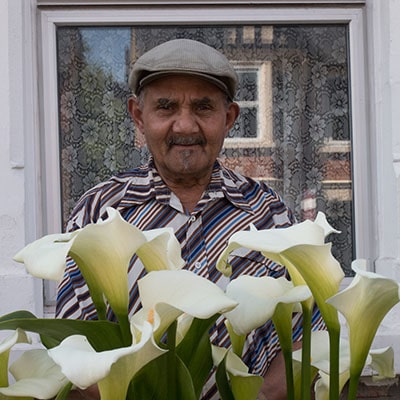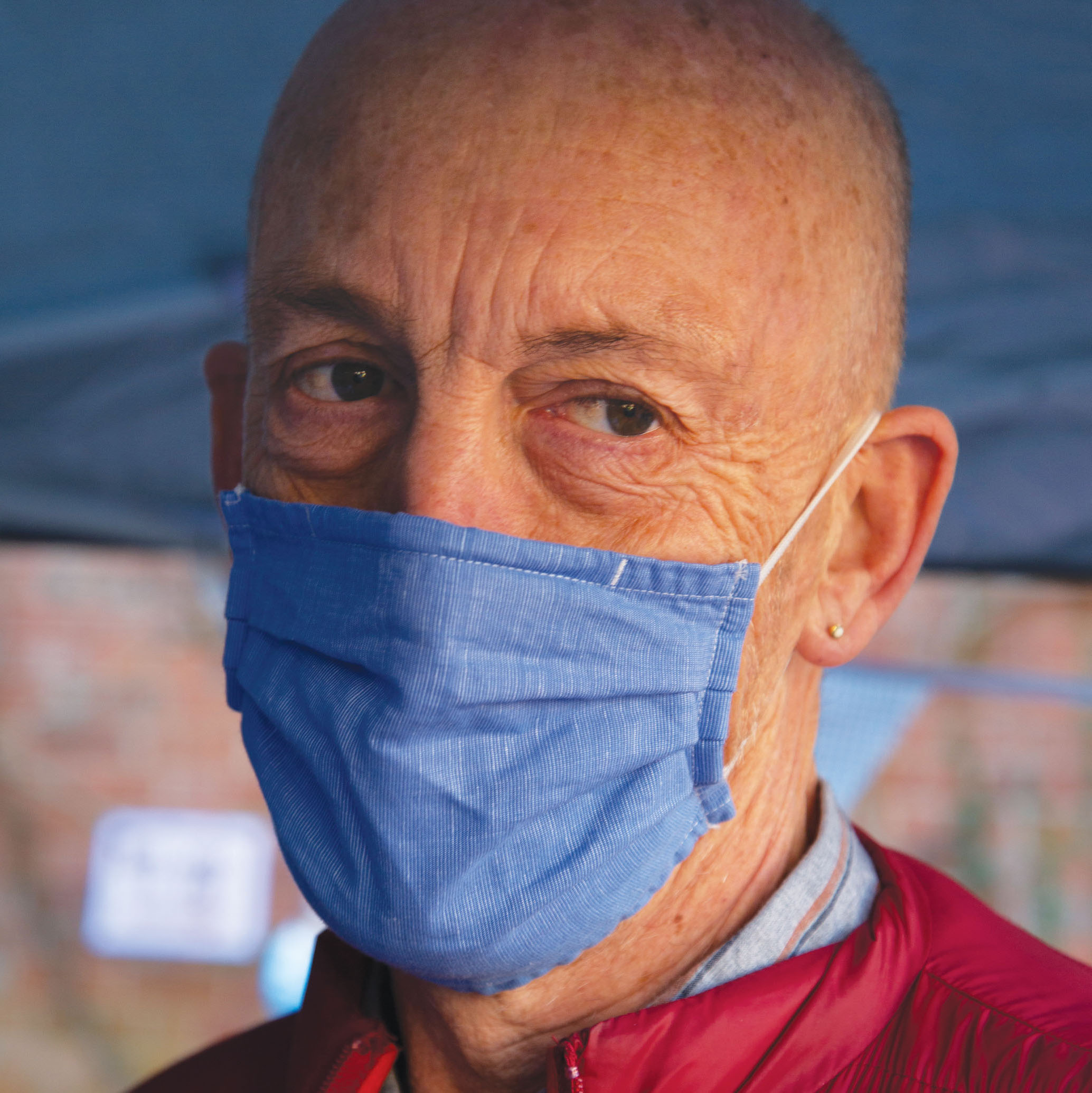Learning lessons from Donald Trump’s America
During 2017 two countries signed up to the 2015 Paris Accords – Nicaragua and Syria and one, the USA pulled out – though the formal process means it won’t actually leave until the day after the next Presidential election. The USA is a global outlier on this – as on much else, gun control, abortion rights, wealth disparities. This is because the national conversations are so different from those in other countries and so the political drivers are very different too. But how to engage and converse in such a context? Climate Outreach has been at the forefront of promoting a national conversation in the UK – as they put it, ‘Help us break the climate silence; conversations are a radical act in times of division.’ So learning from Trump’s America has been one of their objectives. If the climate conversation can be taken to his supporters it can be taken to anyone. One of the people best placed to report from the front line has been in the UK recently. She is Katharine Hayhoe, a climate scientist based in west Texas, home of ‘big oil’ and Trump’s heartland, married to an Evangelical Christian Pastor, Andrew Farley and active in Greenfaith. She moved to Texas 10 years ago from Canada, quite a culture shock. But even in Texas 70% of the population accept the reality of climate change. After all where did Hurricane Irma make landfall?
The problems as she sees it are rather different. She started out by assuming that if only she could explain the facts to people more clearly. But that didn’t work. The reaction was frequently, ‘so what?’ Most people accept the science but won’t do anything about it. If she asked audiences, ‘Do you think that you will personally be affected?’ almost everybody says ‘no’. The most common reactions were ‘We don’t think it matters to us/we don’t think it will affect us’ or ‘We don’t know what to do about it.’ Something along the lines of… Even if I cut my carbon count by 80% it wouldn’t have any tangible impact on the world. The problem is one that is never seen; its far away in space, or it’s a long long away in terms of time. Climate change campaigners often paint apocalyptic scenarios and then say ‘weve got ten years to solve this’ – just as they were ten, or more years ago. This is an approach exemplified by the poster child of campaigners – the Polar Bear struggling to survive on a small ice floe. Katharine asked the audience of 300 that I was in how many of us had seen a Polar Bear in the wild. Being Oxford an unusally large number had – two. Yet this hard to relate to creature is the number one symbol of climate change campaigners.  Information isn’t the problem either. Meeting in a large church she joked that all the reports on the subject if stacked on top of each other would easily reach the church ceiling. But the conversations aren’t taking place; if they did they are likely to be sad and depressing and neither speaker nor listener feels that they can do much about it.
Information isn’t the problem either. Meeting in a large church she joked that all the reports on the subject if stacked on top of each other would easily reach the church ceiling. But the conversations aren’t taking place; if they did they are likely to be sad and depressing and neither speaker nor listener feels that they can do much about it.
At this point the discussion with Climate Outreach founder George Marshall took a slightly scary turn for the British audience. First we were asked to introduce ourselves to a neighbour in the audience we didn’t know and discuss the issues with them for five minutes. Then Katharine shifted the focus to her experiences in ‘Trump-land’ and what she had learned. Her basic point was that to engage people you have to connect with their values, speak from the heart, and give hope. As a pastors wife in a highly religious country (we sometimes forget just how religious a country the USA is), living in a part of the country where a very specific form of Christianity is a major cultural force, the matter of faith, particularly Christian faith, is very much a potential meeting point for people whether climate change sceptics or not. Stewardship is the core of a range of faiths, not least Christianity, and the care that is implicit in that, is something that connects people who can all be concerned about it. The safety of their community, the future of their child, the security and economic success of their nation, the health of their family, and the political stability of their country. This is the priority list of many people in Texas, or indeed the whole of the USA. That priority list doesn’t include climate change, but climate change affects all of these things that people care about. Framing discussions around humanitarian issues; the food we eat, the air we breathe, our own or our children’s health, gives a point of contact and an element of empathy with people whose world view is that environmentalists are people who are trying to take things away from them or tell them what to do. Being a successful agent of change is about connecting with people where they are. In the context of Texas Katharine argued that the strongest point of contact is Christian faith, especially when using terms such as ‘hope’ and ‘love’. For an Oxford audience overwhelmingly atheist or agnostic this this was always going to challenge some deeply held scientific values – to which her response to questions as to how faith informs her science was ’Faith is the evidence of things not seen’ and ‘Faith is spiritual apprehension, not physical truth’. Or put another way ‘Science is like a compass. It can identify the direction, but it can’t tell you which way to go.’ That is about values.
Framing the debate and referencing it in Christian belief and values (even if insincerely) was Donald Trump’s big point of contact; ‘I love you, coalminers’, whoever said that to them before? The contrasting rationality of Hillary Clinton …emissions from coal are destroying the planet – we have to shut down the coal mines, while it may be true was never going to win over people whose livelihoods depended on it and whose concerns were about the security of their communities, their families and the futures of their children. This widens the debate out a long way beyond climate science. The breakdown in civil discourse in society, ‘trolling’ on social media, ‘fake news’ and the divisions laid bare in the British ‘Brexit’ referendum all point to that, and the need to counter those trends by actively building relationships. In Britain starting from a faith-based, let alone Christian perspective may seem niche or quirky, but the principles that Katharine and George espoused are ones to take away and reflect on and act upon. As Climate Outreach puts it in their ‘talking climate challenges’; find common ground in the values you share, respect differences of opinion, and connect climate change with the things your conversation partner cares about. Perhaps it’s not so difficult after all.
Climate Outreach: www.climateoutreach.org @climateoutreach
Katharine Hayhoe: www.katharinehayhoe.com @KHayhoe
Greenfaith: www.greenfaith.org @greenfaithworld
This article first appeared in the December 2017 issue of Town and Country Planning.

